We offer the Master in Applied Forensic / Forensic Psychology in cooperation with the University of Central Lancashire, the major international public university in the north of England and is the largest the first MPA established in this field in Greece.
Master of Applied Forensic Psychology – Forensic Psychology
Forensic Psychology is one of the most evolving branches of the science of Psychology worldwide. A large number of professionals, including psychologists, physicians, lawyers, judges, police, military and others have been training intensively in the field in recent years. The specialization of forensic/forensic psychology is the linking psychology to the legal system and concerns the process of how people who commit crimes think and behave, with the aim of case resolution and therefore the administration of justice. In addition, a key part of Forensic Psychology concerns the prevention of aggressive and violent behaviour, with the ultimate aim of protection of physical integrity of citizens, but also of the proper functioning of society.
The Master’s degree in Forensic Psychology / Forensic Psychology is specifically designed to develop the skills needed to apply psychology in environments related to criminology, justice and the prevention of violent behaviour (prisons, hospitals, police services, courts, related institutions). During the course of this programme, students will be equipped with knowledge relevant to theoretical principles of forensic psychology and the application of these theories in a practical forensic environment.
Among other things it covers:
- The theory and findings underlying the application of psychological principles in forensic settings.
- On evolution of an offender from his first contact with the criminal justice system, until final release in the community and/or in safe protected settings.
- The diagnosis and evaluation, through cutting-edge tools, the risk of committing infringements or crimes by specific individuals or social groups.
- The Profiling of offenders/criminals as well as the methods Lie/Fraud Detection during contact with defendants or criminals.
- The methods Interview and Interrogation of Suspects, but also the science of Witness Testimony of Eyewitnesses and the Identification of persons.
- The role of the ongoing assessment, intervention and individual care of offenders.
- The care and psychological support victims and their families.
- Essential applied skills of the forensic psychologist, such as counselling and communication with the offender, the victim, the family and the multidisciplinary team.
- Ethical and other professional issues in the application of forensic psychology.
- Basic research methods used by forensic psychologists and their application in forensic contexts.
- Applications of Forensic Psychology in Clinical Contexts.
Other important features of the project are:
- Recognized by the Department for the Implementation of European Legislation (ATEΕN) (formerly SAEP) as Equivalent (Professional Equivalence) of Postgraduate students of public universities.
- Includes 150 hours applied education in forensic psychology cases, on specific issues of crime and offence analysis, etc.
- Interdisciplinary team of trainers (forensic/forensic psychologists, criminologists, profilers, criminal lawyers, psychiatrists, etc.) with extensive experience in forensic psychology and its application.
- Secured practical training, at least 100 hours, in private and public sector organisations, in accordance with the provisions of the legislation (Law 4763/2020, Law 5006/2022).
- Ninety (90) ECTS (18 months normal duration). It is offered in an intensive form of 12 months or in a part-time form of 24 months.
- Academic assessment: Variety of methods including assignments, presentations, exams, self-evaluation and personal development reports, reports, etc.
Registration Criteria:
- University degree, preferably in Psychology or a similar scientific discipline.
- Members of the Security Corps, Lawyers and Judicial Officers are also admitted. In this case, however, there is no option to register with the Forensic Psychology Section of the British Psychological Association. This can only be done if they have a first degree in Psychology.
- Good knowledge of English for the study of the bibliography
- Those who have completed a research thesis during their undergraduate studies have a head start.
- A good knowledge (at first degree level) of Research & Methodology using SPSS is an important advantage.
- Two years of work experience is desirable, but not essential.
- Assessment of study intention by a Study Advisor.
- Successful Academic Interview.



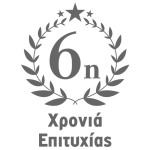
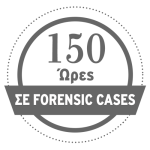



 Μια αποκλειστική σειρά κορυφαίων βιωματικών WORKSHOPS που εξοπλίζουν τους φοιτητές με πρακτικές δεξιότητες & γνώσεις σε κομβικά για το επάγγελμα θέματα!
Μια αποκλειστική σειρά κορυφαίων βιωματικών WORKSHOPS που εξοπλίζουν τους φοιτητές με πρακτικές δεξιότητες & γνώσεις σε κομβικά για το επάγγελμα θέματα! To Master Εφαρμοσμένης Εγκληματολογικής/Δικαστικής Ψυχολογίας στο ICPS περιλαμβάνει το κορυφαίο πρόγραμμα προσωπικής και επαγγελματικής ανάπτυξης, Career Success Navigator©
To Master Εφαρμοσμένης Εγκληματολογικής/Δικαστικής Ψυχολογίας στο ICPS περιλαμβάνει το κορυφαίο πρόγραμμα προσωπικής και επαγγελματικής ανάπτυξης, Career Success Navigator©